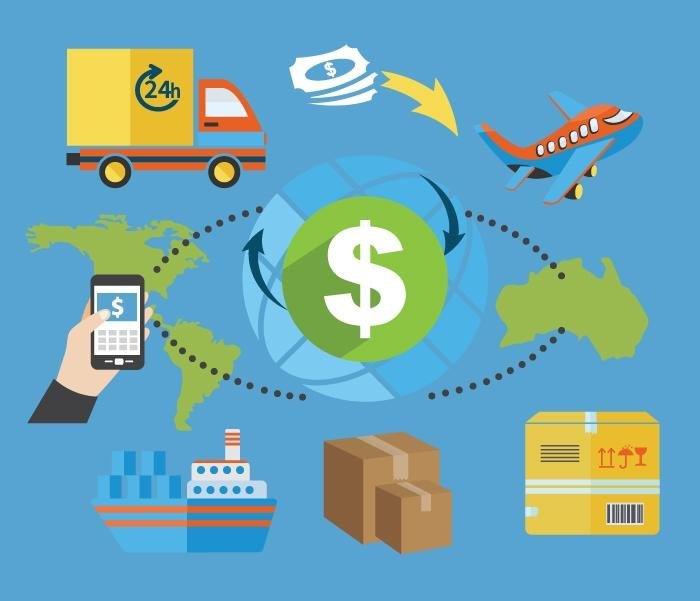
Protection of Domestic Industries:
One of the primary reasons for imposing tariffs and import duties is to protect domestic industries. By making imported goods more expensive, tariffs and import duties can help level the playing field for domestic producers, who may otherwise struggle to compete against cheaper imports. This, in turn, can help revive struggling industries and create jobs in the domestic economy. For example, the US imposed tariffs on steel and aluminum imports in 2018 to protect domestic producers.
Regulation of Trade:
Tariffs and import duties can also be used to regulate trade and manage the balance of trade between countries. For example, a country that imports more goods than it exports may impose tariffs on imports to reduce the trade deficit. Conversely, a country with a trade surplus may reduce tariffs on imports to encourage greater trade with other countries.
Revenue Generation:
Tariffs and import duties are an important source of revenue for governments. By imposing these levies, governments can collect taxes on imported goods, which can then be used to fund various public services and infrastructure projects. This revenue can also help reduce a country's budget deficit, which can improve its credit rating and lower borrowing costs.
Economic Development:
In addition to protecting domestic industries and regulating trade, tariffs and import duties can also play a role in promoting economic development. By encouraging domestic production and reducing imports, tariffs and import duties can help create jobs and spur economic growth. This, in turn, can lead to higher living standards and improved quality of life for the population.
In conclusion, tariffs and import duties play a crucial role in shaping a country's economy. By regulating trade, protecting domestic industries, generating revenue, and promoting economic development, these levies are key components of a country's economic policy. While they can be controversial, they can also be used to achieve important economic goals if applied in a balanced and responsible manner.